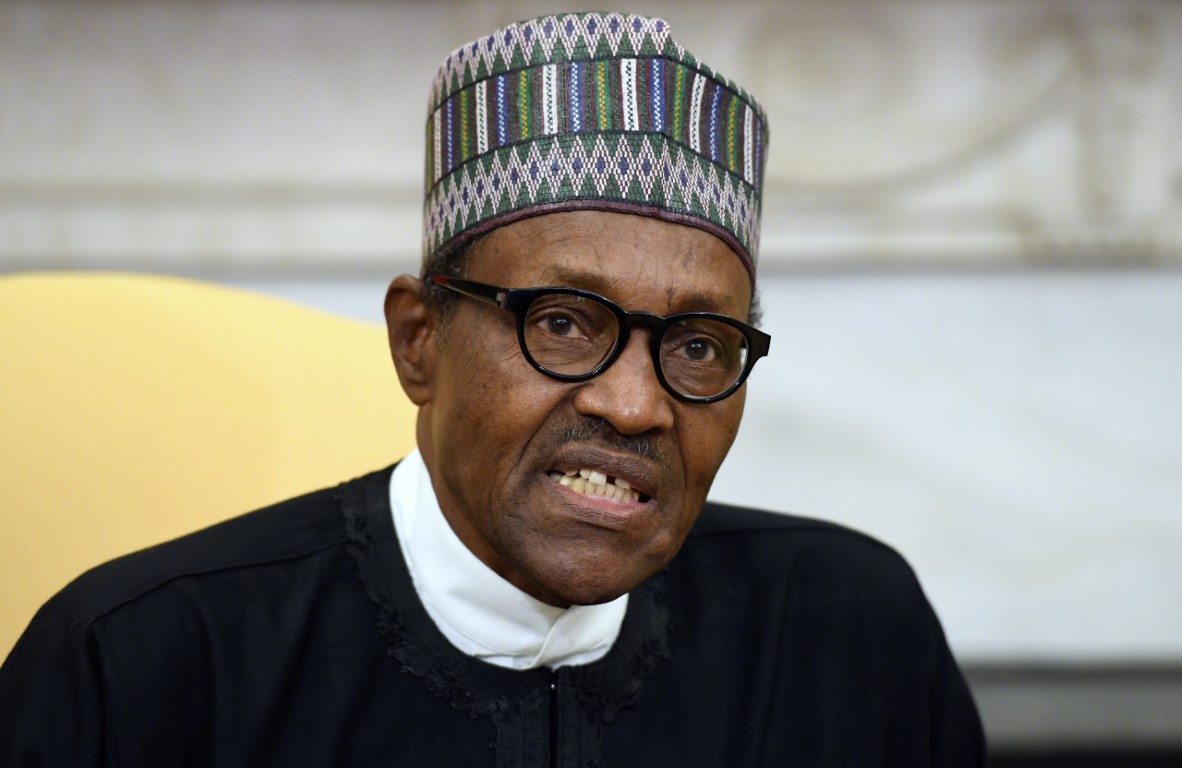Nigerian President Muhammadu Buhari has approached the country’s House of Representatives to request approval for a new external borrowing amounting to $5.513bn.
If approved, the loan would bring Nigerians’ external debt to $36.013. The country’s external debt as of December 2019, stood at $27.1bn while IMF had extended an emergency loan of $3.4bn to Nigeria in April.
The Nigerian Senate had approved a loan of $22.79bn loan in March 2020, but approval has been suspended in the House of Representatives which has cited. The National Assembly had also in April approved a domestic loan of N850bn for the Federal Government.
Buhari, in a letter read by Speaker of the House of Representatives, Femi Gbajabiamila, at the plenary on Thursday, said the new loan request is for the 2020 budget deficit, financing of critical projects, and some states of the federation.
The President also presented a revised 2020 Appropriation Bill and 2020-2022 Medium Term Expenditure Framework and Fiscal Strategy Paper.
However, experts have warned that debt servicing may constitute a major setback for the Nigerian economy in the year 2020 as data obtained from the Central Bank of Nigeria show that $4.45 billion was paid to service external debt service in the first two months of 2020 alone.
According to the CBN, the sum of $4.45 billion was paid Year-to-Date (YTD) in 2020 as external debt service, representing a 240% rise compared to the cumulative total debt service payment recorded in 2019.
The new loan request has also met backlash from Nigerians who feel no previous government has had to borrow as the current one.
Even after the loan you already took and the $311m Abacha loot repatriated that you can not account for, you are seeking approval to take another loan of $5.5m, you want to see this country? I
— AIRMECCA (@Mecca0000000) May 28, 2020
With dwindling oil revenues and the pandemic which has dampened the country’s economic outlook, it is believed that debt servicing in the coming years may be one of the greatest challenges to getting Nigeria out of the coming recession.

